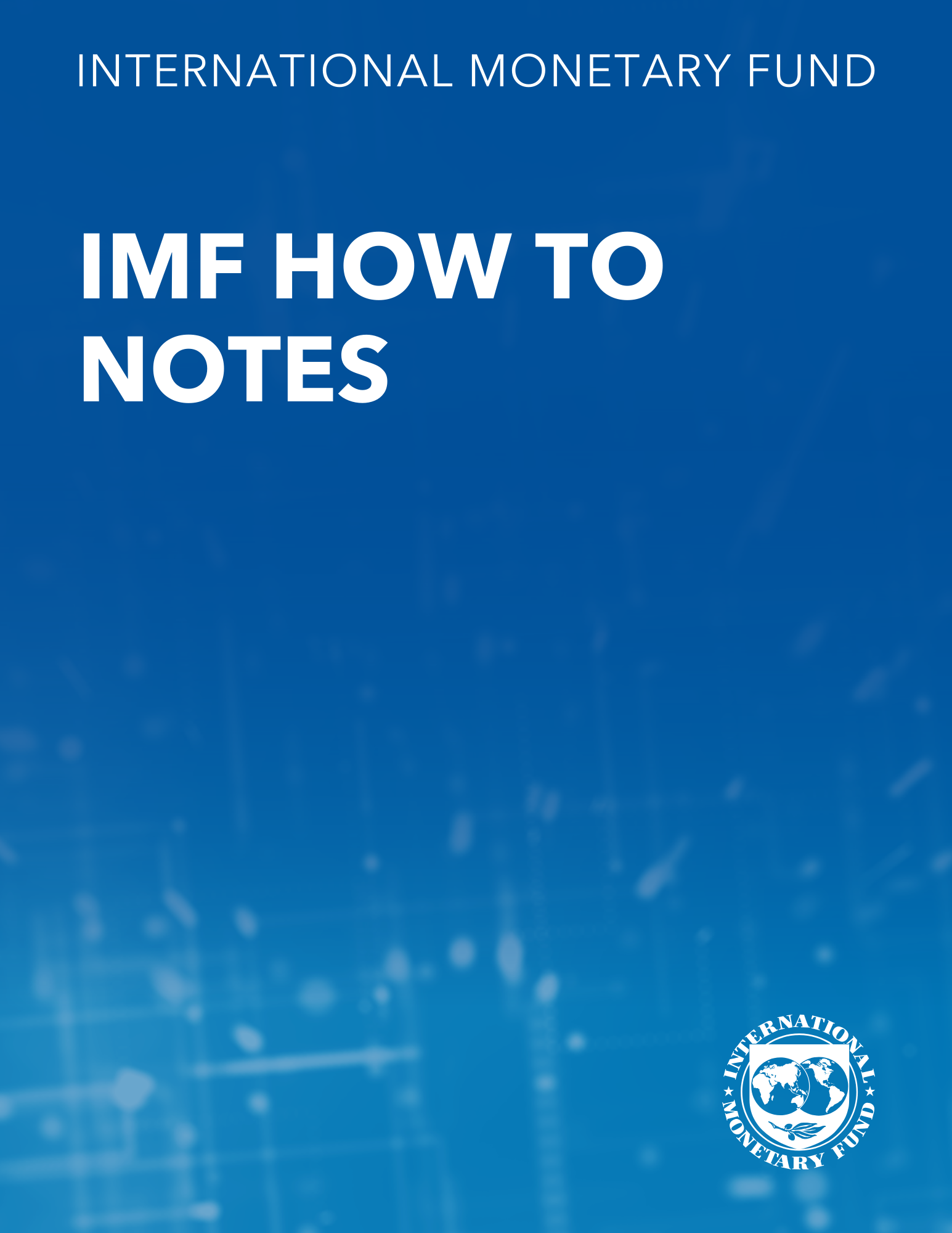Optimal Tariffs: Theory and Practice
June 1, 1993
Disclaimer: This Working Paper should not be reported as representing the views of the IMF.The views expressed in this Working Paper are those of the author(s) and do not necessarily represent those of the IMF or IMF policy. Working Papers describe research in progress by the author(s) and are published to elicit comments and to further debate
Summary
This paper examines the theory underpinning the design of optimal tariffs in a developing economy, and the experience of implementation of tariff reforms. A central issue is whether and when a case can be made for a uniform tariff structure. While theory advocates a differentiated tariff structure (except under a balance of payments objective), political economy considerations, inadequate information, and administrative convenience point to a minimally differentiated tariff structure. The experience of reform indicates that tariff structures are mainly influenced by income distribution and protection objectives. The ability to successfully reduce tariffs depends on measures taken to alleviate fiscal and balance of payments constraints.
Subject: Duties, Foreign exchange, Imports, Income distribution, International trade, National accounts, Real effective exchange rates, Tariffs, Taxes
Keywords: Africa, consumer goods, drawback-type scheme, Duties, duty drawback, Imports, Income distribution, input tariff increase, Real effective exchange rates, tariff increase, tariff level, tariff rate, tariff reduction, tariff reform, tariff structure, Tariffs, WP
Pages:
64
Volume:
1993
DOI:
Issue:
050
Series:
Working Paper No. 1993/050
Stock No:
WPIEA0501993
ISBN:
9781451846898
ISSN:
1018-5941






